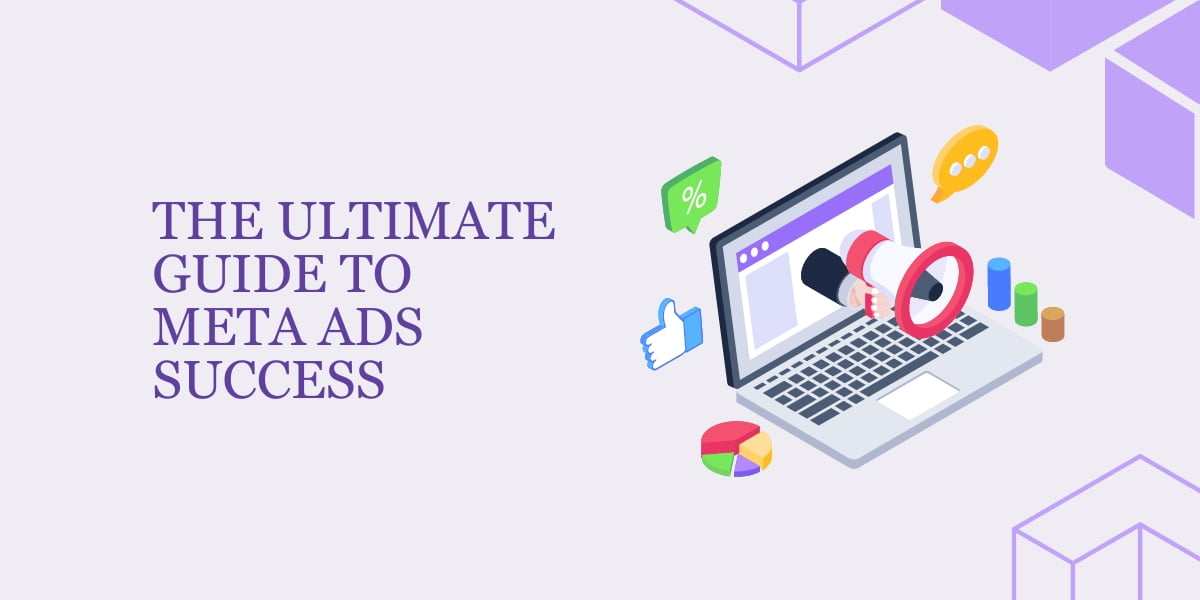In the ever-evolving landscape of digital marketing, Google Ads remains a powerful tool for businesses seeking to enhance their online presence and drive conversions. However, running a successful Google Ads campaign requires more than just creating ads and setting a budget. To truly maximize return on investment (ROI), businesses must employ strategic approaches that align with their goals and target audience.
- Thorough Keyword Research
Begin your Google Ads journey with comprehensive keyword research. Understanding the search terms your audience uses allows you to create targeted ads that appear when users are actively seeking your products or services. Utilize tools like Google Keyword Planner to identify high-value keywords with a balance of search volume and relevance to your business.
- Craft Compelling Ad Copy
Your ad copy is the first point of interaction between your business and potential customers. Create compelling, relevant, and concise ad copies that highlight the unique selling propositions of your products or services. Incorporate a strong call-to-action (CTA) to prompt users to take the desired action, whether it’s making a purchase, filling out a form, or contacting your business.
- Leverage Ad Extensions
Ad extensions enhance your ad’s visibility and provide additional information to potential customers. Utilize site link, callout, and structured snippet extensions to showcase various aspects of your offerings. This not only makes your ads more informative but also occupies more real estate on the search results page, increasing the likelihood of user engagement.
- Optimize Landing Pages
A well-crafted ad is only as effective as its landing page. Ensure a seamless and relevant user experience by optimizing your landing pages. The landing page should align with the ad’s messaging, load quickly, and provide a clear path for users to complete the desired action. A user-friendly landing page not only improves your Quality Score but also enhances the chances of conversion.
- Implement Conversion Tracking
To measure the success of your Google Ads campaigns, it’s crucial to set up conversion tracking. By tracking actions such as form submissions, purchases, or sign-ups, you can analyze which campaigns, ad groups, or keywords are driving the most valuable conversions. This data empowers you to allocate budget more effectively, focusing on strategies that deliver the best ROI.
- Dynamic Search Ads (DSA)
Dynamic Search Ads automatically generate headlines and landing pages based on the content of your website. This innovative approach ensures that your ads are highly relevant to users’ search queries, even if you haven’t explicitly targeted those keywords. DSA is particularly effective for businesses with large and frequently updated inventories.
- Smart Bidding Strategies
Google Ads offers several smart bidding strategies powered by machine learning to optimize for different goals. Experiment with strategies such as Target CPA (Cost Per Acquisition), Target ROAS (Return On Ad Spend), or maximize clicks to find the approach that aligns best with your business objectives. These automated bidding strategies leverage data to adjust bids in real-time, enhancing the efficiency of your campaigns.
- Audience Targeting
Refine your targeting by leveraging Google Ads’ robust audience targeting options. Utilize custom intent audiences, which allow you to reach users based on their search behavior, or create remarketing lists to target users who have previously interacted with your website. By reaching the right audience with tailored messages, you increase the likelihood of conversions.
- Ad Schedule Optimization
Understanding when your target audience is most active is key to maximizing ROI. Use ad scheduling to control when your ads appear, focusing on peak hours or days when your audience is more likely to engage. This allows you to allocate budget strategically and ensure your ads are visible when potential customers are actively searching.
- Regular Monitoring and Optimization
The digital landscape is dynamic, and what works today may not work tomorrow. Regularly monitor the performance of your Google Ads campaigns and make data-driven adjustments. Analyze metrics such as click-through rate (CTR), conversion rate, and Quality Score to identify areas for improvement. A proactive approach to optimization ensures your campaigns stay aligned with your goals and industry trends.
Mastering Google Ads requires a combination of strategic planning, continuous optimization, and a commitment to staying informed about platform updates and industry trends. By implementing these strategies, you can position your business for success in the competitive world of online advertising. Remember, the key to sustained ROI is an adaptive and data-driven approach that evolves with the ever-changing digital landscape.







